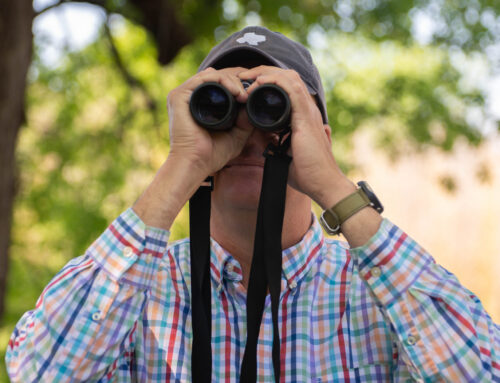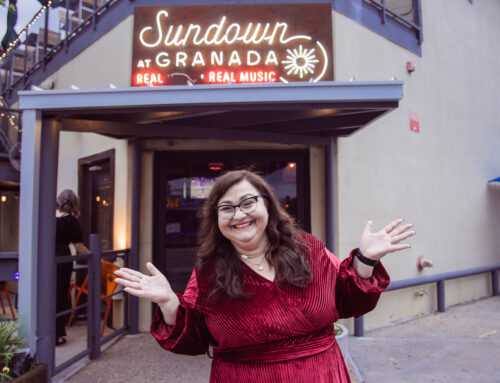
Let’s lighten up, neighbors. Some of you are doing that with holiday decorations and yard art. That may reflect a secular sense of the season — Santa Claus and reindeer, elves and candy canes, rooftop stars and strings of white or colored lights. There’s a religious underpinning to much of these celebrations. December features the minor Jewish holy days called the Festival of Lights (also known as Hanukkah), and the major Christian holy day called the Feast of the Nativity (also known as Christmas). Light is central to both holidays.
Hanukkah involves the lighting of a nine-branched candelabra called a menorah. On successive nights, the central candle — the shamash (the “attendant”) — is used to light another candle until all eight have been lit. This recalls the miracle of oil from the cleansing of the Temple in Jerusalem when the Jewish Maccabees retook Jerusalem from the Greek overlords who had desecrated the sanctuary. They found only enough oil in temple lamps to burn for one night, but the oil kept the lamps burning for eight nights. Jews remember this as evidence that God’s abundance can be trusted, and that light conquers darkness as good conquers evil.
Christmas is specifically the story of the birth of Jesus and the Christian belief in him as the Son of God, Messiah of Israel and Savior of the world. But John’s Gospel uses the metaphor of light: “What has come into being in him was life, and life was the light of all people. The light shines in the darkness, and the darkness did not overcome it.”
We associate darkness with ignorance and evil. Enlightenment drives out the darkness and the powerlessness of unknowing. The light of truth opens our minds and lessens our fears. To know something is to have power that can be used either for control over others or in service to others. Which leads to the second thing: goodness.
Shedding light is not just sharing an intellectual truth; it is spreading a social good. “You are the light of the world,” Jesus told his followers. “I will give you as a light to the nations,” says the prophet Isaiah as the mouthpiece of God, “that my salvation may reach the end of the earth.” To be light in this way is to confront hate with love and transform it, to challenge cruelty with kindness and convert it.
In this season of shorter days and longer nights, let’s lighten up in at least two ways: learn something new and true, and do something good and right.
Read something out of your comfort zone. Talk to someone with knowledge about a subject you don’t know about. Avoid conspiracy theories. Run to expertise, not away from it. Then, find a need and meet it. Commit a random act of kindness. Volunteer on behalf of those in need. Give money to relieve hardships.
Once you’ve got both of those earnest duties done, you might lighten up in one more way. As Chesterton put it: “Angels can fly because they take themselves lightly.”





